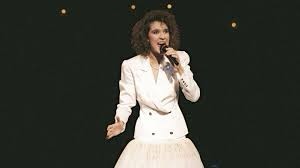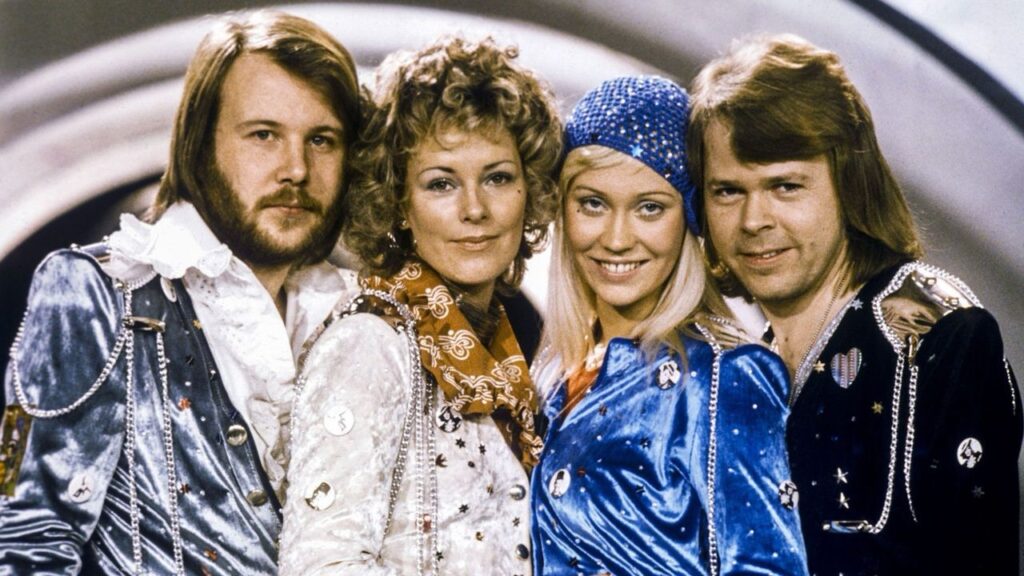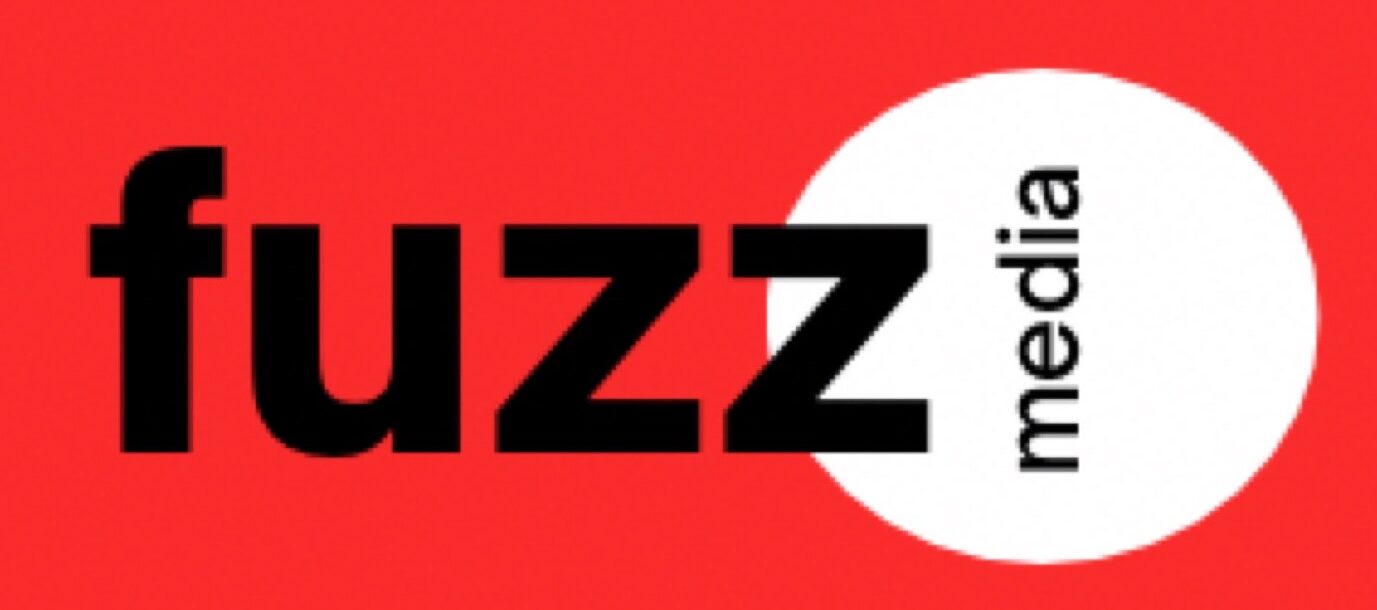
Each spring, millions across Europe and beyond tune in for one of the world’s most dazzling displays of music, spectacle, and cultural pride: the Eurovision Song Contest. But behind the glitter, key changes, and unforgettable performances lies a rich history stretching back nearly seven decades.
A Post-War Idea for Unity
The Eurovision Song Contest was born in the shadow of World War II. In 1956, the European Broadcasting Union (EBU) launched the contest as a way to promote unity among European nations through the shared language of music. The first competition was held in Lugano, Switzerland, with just seven countries participating.
It was an ambitious idea: a live, international broadcast where each country submitted an original song, performed live, and judged by a panel. Switzerland won that inaugural event, and what began as an experimental broadcast has since become an international phenomenon.
Growth and Global Appeal
Through the 1960s and 1970s, Eurovision steadily expanded. More countries joined, and the format evolved. By the mid-1970s, public voting began to influence results alongside national juries, bringing the public deeper into the experience.

Some performances from this era became legendary. Perhaps none more so than ABBA’s 1974 win for Sweden with “Waterloo,” which launched the group to global superstardom. Similarly, Celine Dion represented Switzerland in 1988 and won with “Ne partez pas sans moi,” marking a pivotal moment in her career.

Changing with the Times
Eurovision has always been a mirror to Europe’s shifting political and cultural landscape. Following the fall of the Iron Curtain in the 1990s, a wave of Eastern European countries joined the contest, further enriching its diversity.
The 2000s brought even more transformation: new voting systems, semi-finals to accommodate a growing roster of countries, and a surge in the contest’s global audience. Today, over 40 countries participate, including non-European nations like Australia, which joined in 2015.
More Than Just Music
What sets Eurovision apart from other music competitions is its spirit. It’s not just about the songs — it’s about identity, politics, humor, innovation, and often, sheer spectacle. From dramatic ballads to outrageous performances (remember Finland’s Lordi or Ukraine’s Verka Serduchka?), Eurovision is a celebration of expression in all its forms.
It has also become a beacon of LGBTQ+ visibility, a symbol of open-mindedness, and a platform for underrepresented voices.
Looking Ahead
In recent years, Eurovision has embraced new media, with livestreams, TikTok takeovers, and thriving fan communities. Its relevance shows no sign of fading — if anything, its popularity continues to grow as new generations discover its unique blend of music, culture, and global connection.
The Eurovision Song Contest may have started as a simple experiment in broadcasting, but today, it stands as a symbol of creativity, resilience, and unity. In a world often divided, Eurovision reminds us of the joy in coming together — if only for one night — to share the universal language of music.







